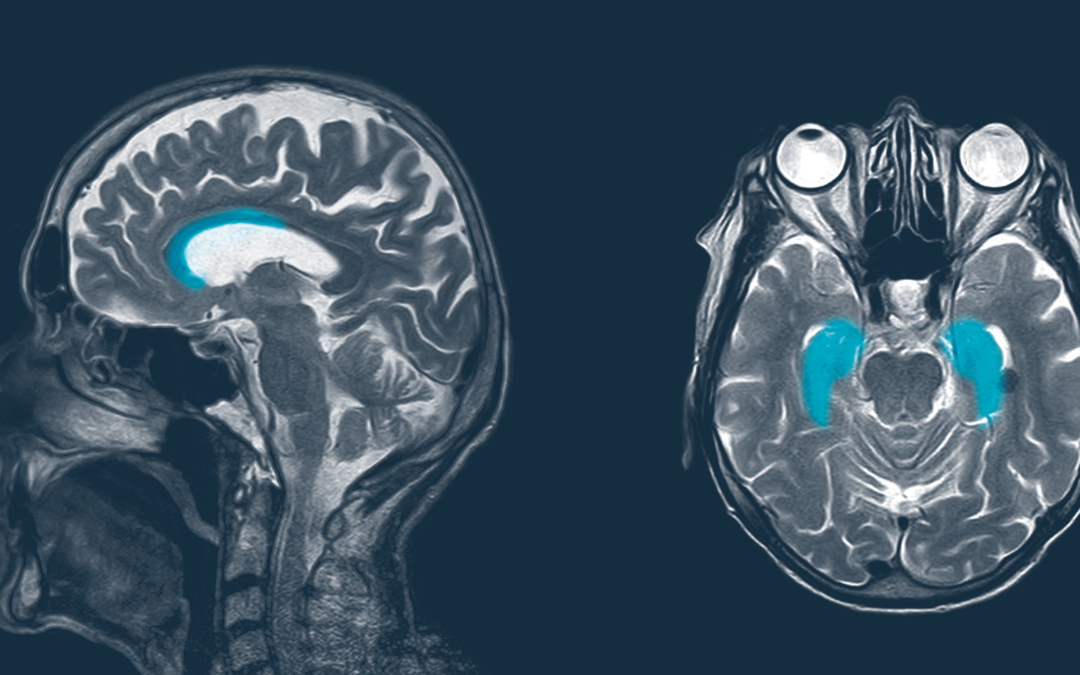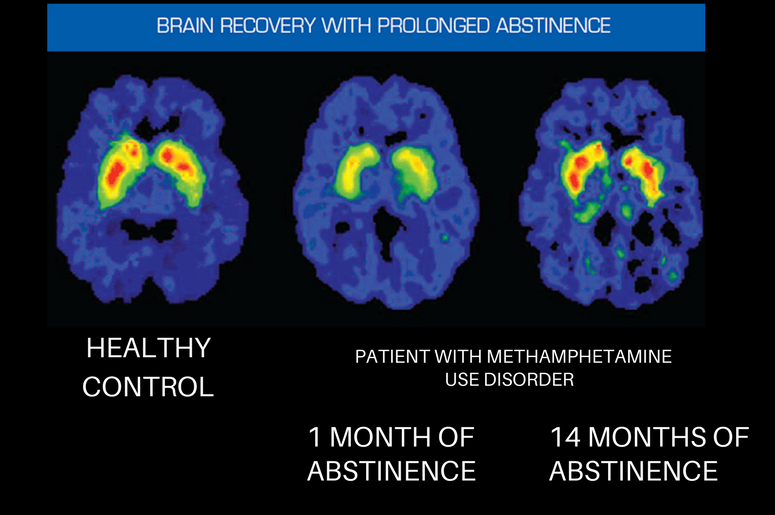Addiction is Not a Choice
It amazes me how little understanding there is around addiction. Mountains of evidence show that drug and alcohol addiction is a chronic brain disease as well as a progressive disease. Over time and without effective treatment, the disease will get worse, often ending in death.
By Kevin Gormley, Executive Clinical Director/Associate Medical Director
The horrors of both war and addiction
As a military Veteran, I have seen the devastation of war first hand. I completed two tours in Iraq and tragically saw my buddies killed in battle. I was almost killed myself. These were traumatic experiences, and I will deal with some effects for the rest of my life. Not unlike someone with addiction.
Having treated hundreds of military men, women and veterans, I have seen the devastation of addiction first hand. It’s as bad as what I saw in war.
Suffering addicts often experience tremendous trauma. Post traumatic growth must be a focus for these people, similar to those who have experienced trauma in war.
Primitive brain areas run the show
Many believe that suffering addicts have a choice. They believe the person can simply stop. Nothing could be further from the truth. Unless the individual can be separated from the substances they are using, detoxed or effectively treated, that person does not have a choice.
Here’s why. The brain of someone in active addiction is dysfunctional. The areas of the brain controlling judgment are blocked, and the primitive areas of the brain run the show. These areas are not capable of judgment. Instead, they are capable of flight or fight responses.
To “use” is to live
The primitive areas of the brain in a suffering addict equate using to living and not using with dying. As a result, these people will do almost anything to keep using. Combine this with the body’s utter dependence on the substance the addict is using and you have an individual who is incapable of “just stopping.”
There are certain genes that greatly increase the odds of someone becoming addicted to drugs and alcohol. There are also environmental factors that greatly increase these odds. Individuals with both genetics and environmental factors have a greater than 70% chance of becoming addicted.
The time has come for society to both acknowledge the facts of addiction and also move away from the stigma and negative prejudice. Only then will we have any chance of overcoming what is now a national and global epidemic.



